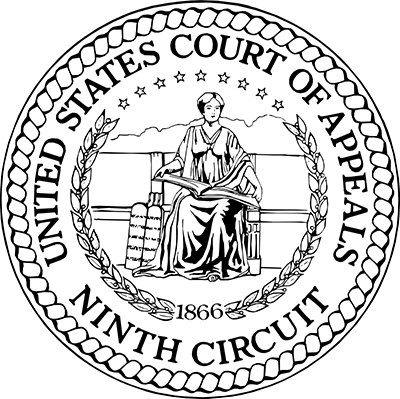Appeals court permits new interpretation of pension plan

|
On June 5, the U.S. Court of Appeals for the Ninth Circuit ruled a pension plan covering California construction workers can halt the benefits of a man who kept working after his supposed retirement date.
The California Field Ironworkers Pension Trust’s decision to suspend Robert Meakin’s benefits was based on a good faith “reinterpretation” of guidance from the IRS, the U.S. Court of Appeals for the Ninth Circuit said. The court explained benefit plan administrators are not required to maintain their original interpretations of the plan.
Meakin was approved for early retirement benefits in 2008 under a plan provision allowing workers in certain positions in the construction industry to receive pensions while still employed. The California Field Ironworkers Pension Trust suspended Meakin’s benefits in 2011 after determining the plan provision had been interpreted in a way that did not comply with IRS guidance regarding pension plan distributions to individuals who continue to work.
The U.S. Court of Appeals for the Ninth Circuit determined the plan trustee’s decision was reasonable under the Employee Retirement Income Security Act.
Additional information about the case is available at www.leagle.com/decision/infdco20180116d06.
California bill could narrow independent contractor definition

|
A bill under review by a California Senate labor committee could narrow the definition of an independent contractor and limit the use of independent contractors in the state’s construction industry, according to www.constructiondive.com. The California assembly approved the measure at the end of May.
If enacted, California employers would be required to use a three-part test to determine whether a worker is an independent contractor. To be independent, a worker must perform his or her work free from the control and direction of his or her employer; offer services outside the hiring contractor’s normal scope of work; and typically work as part of a business.
Unscrupulous employers sometimes misclassify workers as independent contractors to avoid paying workers a fair wage and avoid paying payroll taxes on their behalf, as well as avoid providing health insurance and/or workers’ compensation coverage.
The California assembly added exceptions for certain professions to the proposed measure before it went to the state senate. Professions such as engineers, architects and real estate licensees would be exempt from the law. According to a report from Material Handling & Logistics, some business groups are pressuring the state senate to add more exceptions to the measure before voting.
The proposed measure continues a trend in California and some other states to broaden worker protections. For example, a California law took effect Jan. 1, 2018, that makes general contractors ultimately responsible for payment of wages to their subcontractors’ employees. California also has taken action against employers that commit wage theft or otherwise mistreat or cheat their workers.
Supreme Court rules “right to work” petition is moot
The U.S. Supreme Court has ruled a petition from the village of Lincolnshire, Ill., regarding whether local governments can pass “right to work” laws is moot following the state’s invalidation of those types of ordinances.
On June 10, the Supreme Court sent the case back to the U.S. Court of Appeals for the Seventh Circuit to dismiss. Illinois’ Collective Bargaining Freedom Act took effect in April and bars local governments from restricting collective bargaining.
Right-to-work laws prohibit agreements between employers and unions requiring workers to join a union or forcing nonmembers to pay fees to cover collective bargaining costs and other nonpolitical expenses. Opponents of right-to-work laws say the laws are designed to undermine workers’ rights, and supporters say the laws expand economic opportunities.
Lincolnshire asked Supreme Court justices in March to settle a split in federal appeals courts regarding whether the National Labor Relations Act allows for such ordinances. The U.S. Court of Appeals for the Seventh Circuit had ruled against Lincolnshire’s right-to-work law in 2018, saying it was preempted by federal labor law; that decision conflicts with a 2016 U.S. Court of Appeals for the Sixth Circuit ruling that allowed part of a Kentucky county’s ordinance to remain.
The Lincolnshire petition said the law should be permitted under the National Labor Relations Act’s provision allowing state or territorial right-to-work laws, which is intended to allow smaller governments to have such measures in place when there is no assurance of statewide passage. In addition, Lincolnshire noted the Supreme Court twice has held that federal laws allowing state action also apply to a state’s political subdivisions, absent a statement clarifying they do not.
COMMENTS
Be the first to comment. Please log in to leave a comment.